The Chinese military's participation in the Shangri-La Dialogue by sending delegations led by the minister of national defense has helped the world gain a more comprehensive understanding of its positions on global issues, as well as facilitating communication and promoting understanding between the militaries of China and the United States, experts said recently.
The 21st Shangri-La Dialogue, held in Singapore from May 31 to June 2 by the International Institute for Strategic Studies, a British think tank, is one of the biggest and highest-level multilateral conferences on security in the Asia-Pacific region.
The Chinese military has participated in the security summit every year since 2007. This year, the Chinese delegation, led by Minister of National Defense Admiral Dong Jun, comprised 34 members, including 29 from the People's Liberation Army, according to the event guide provided by the organizer.
Zhou Bo, a senior fellow at Tsinghua University's Center for International Security and Strategy and a member of the delegation, said: "At present, the Chinese military has attracted much attention, but there are still some misunderstandings about it in the West. Therefore, the Shangri-La Dialogue serves as a major platform for the Chinese military to articulate its positions and showcase a positive image."
Dong delivered a keynote speech at the dialogue on China's approach to global security, stressing that China will not allow any country or force to trigger war or chaos in the Asia-Pacific region. Later during the Q&A session, Dong elaborated on China's position on the Taiwan question and the South China Sea issue.
"Dong's speech was quite comprehensive," said Zhou, who has attended 10 Shangri-La Dialogues, at seven of which he was a PLA delegation member. Zhou noted that, given the current situation, the Taiwan question and the South China Sea issue are both pressing and realistic topics, making it understandable that the minister of national defense focused on these issues in the dialogue.
In 2011, China sent its minister of national defense to the dialogue for the first time, and the minister has attended every Shangri-La Dialogue in Singapore since 2019.
Zhao Xiaozhuo, a military commentator who has attended 10 Shangri-La Dialogues as a member of the Chinese military delegation, said that although the dialogue is a Western-dominated forum, China's participation is crucial because the forum focuses on Asia-Pacific security issues.
"It is very important for the minister of national defense to use this opportunity every year to clarify China's positions and concepts to the international community, as well to highlight China's contributions to regional peace and stability," he said.
On May 31 at the opening of the Shangri-La Dialogue, Philippine President Ferdinand Marcos Jr spoke about the Philippines' territorial claims in the South China Sea in his keynote address. The next day, US Defense Secretary Lloyd Austin gave a keynote speech highlighting US leadership in the "Indo-Pacific "region.
Notably, following the speeches by the Philippine and US leaders, two members of the Chinese delegation, Major General Xu Hui and Senior Colonel Cao Yanzhong, raised questions that challenged the negative impact of the Philippines' actions on ASEAN centrality and US attempts to introduce NATO into the Asia-Pacific region.
Military commentator Zhao said that, given the Western dominance of the dialogue, there were some baseless accusations against China. "The PLA's participation and voice serve as a balance to those voices, allowing the international community to make its own judgments."
During this year's dialogue, Dong held talks with senior security and defense officials from more than 10 countries and organizations, including the US, Japan, Australia, Singapore, Cambodia and the European Union. His meeting with Austin marked the first face-to-face meeting between Chinese and US defense chiefs in the past 18 months.
In the talks, Dong told his US counterpart that the two militaries must adhere to the bottom line of no conflict and no confrontation.








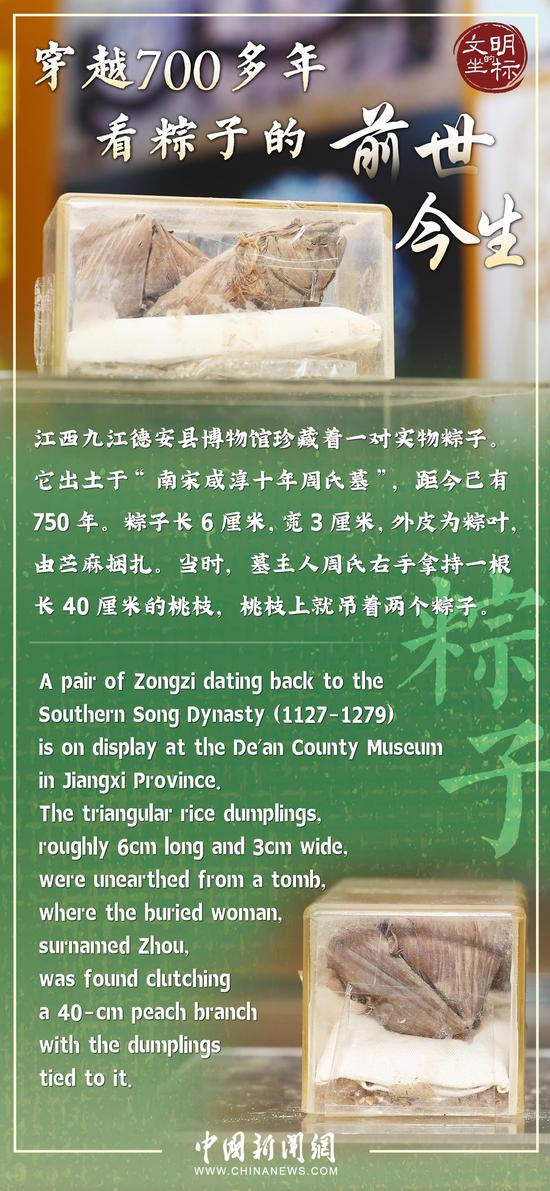

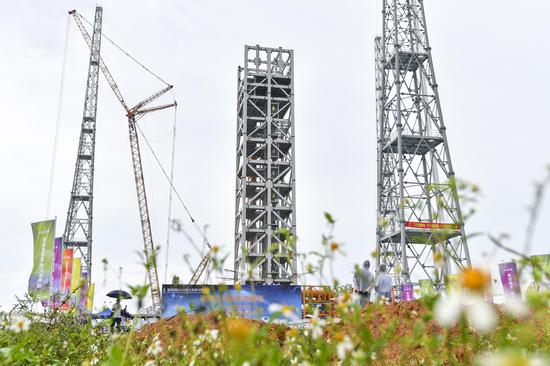


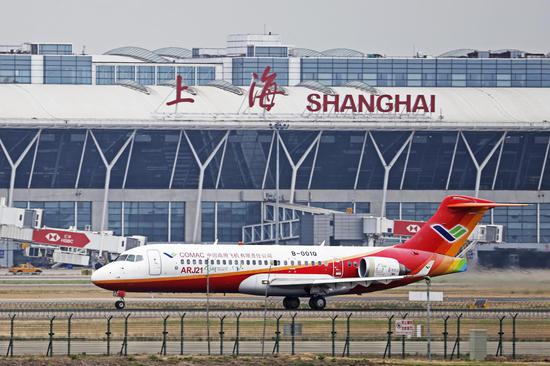


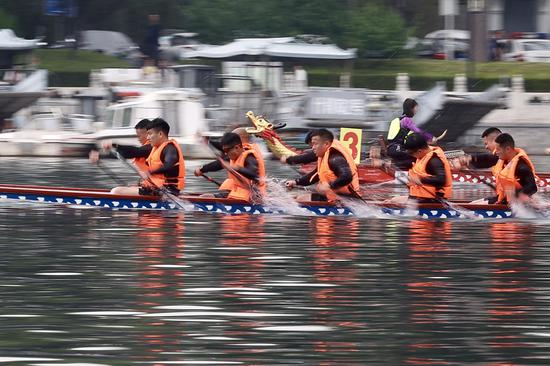
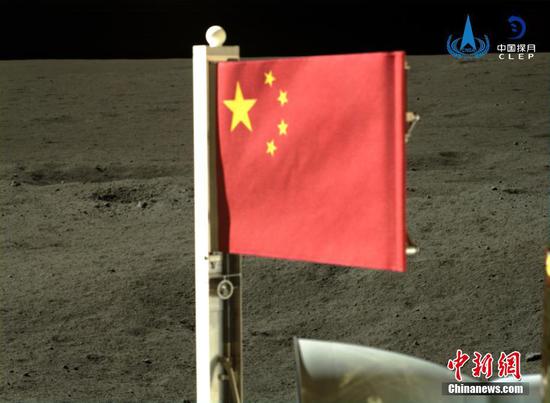
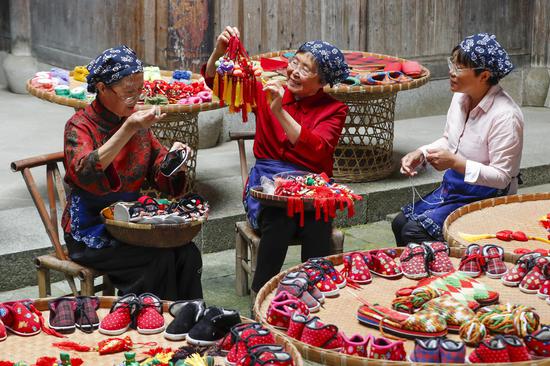
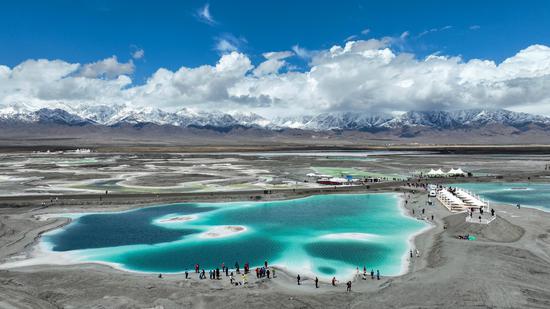


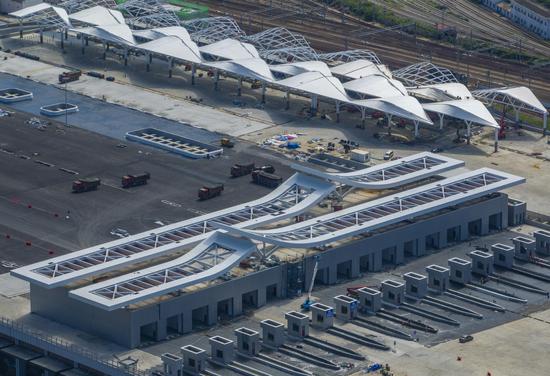
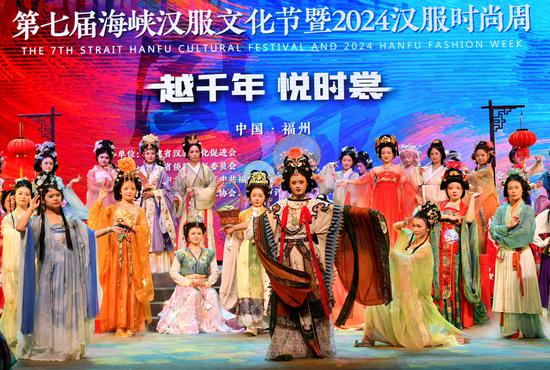

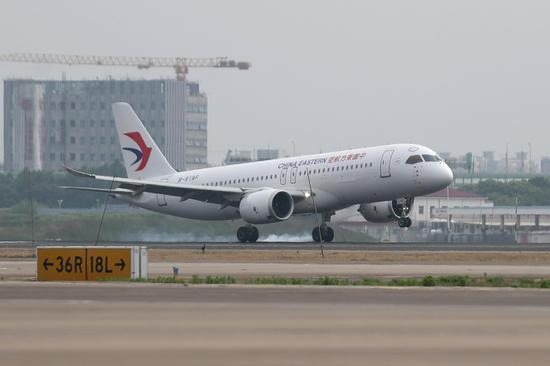
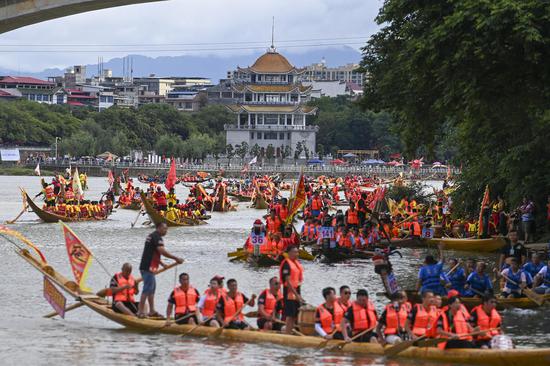
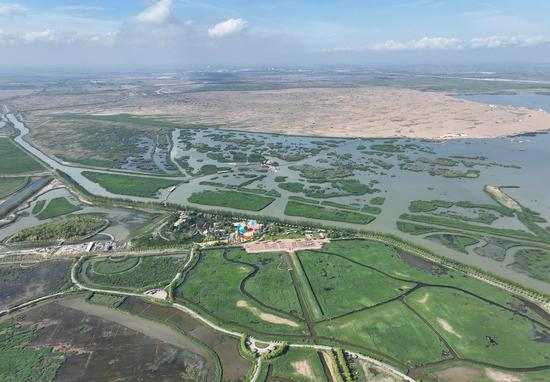
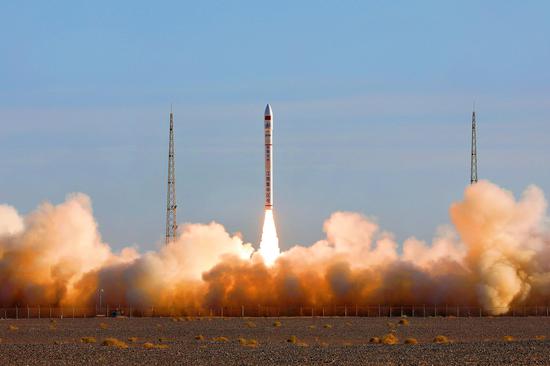
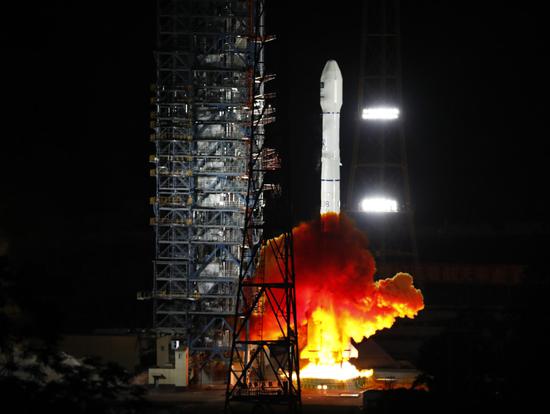
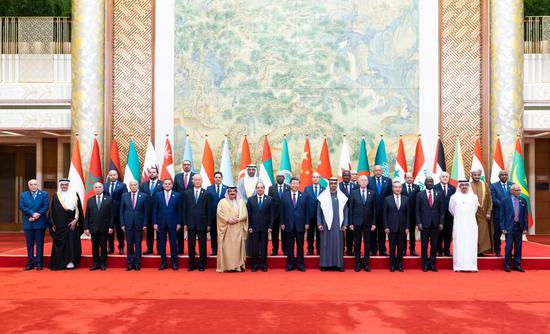

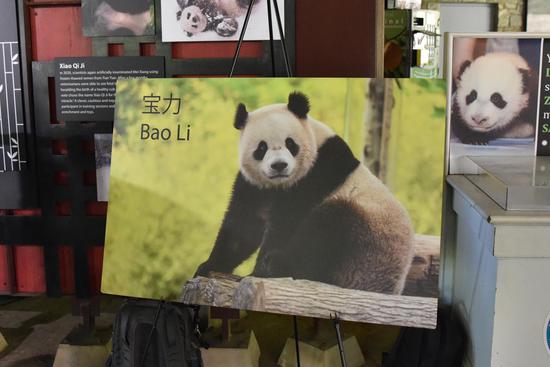
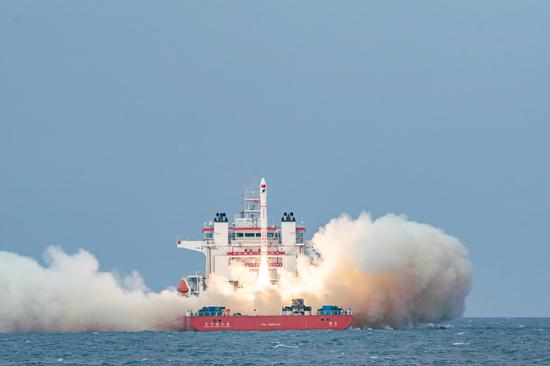

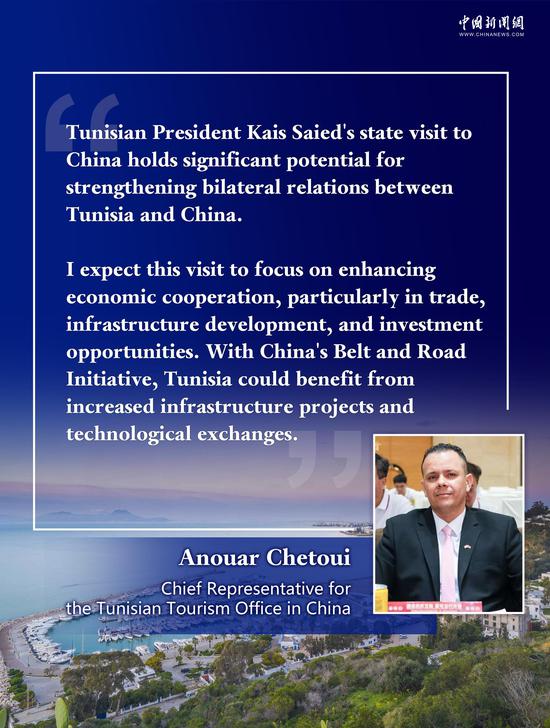
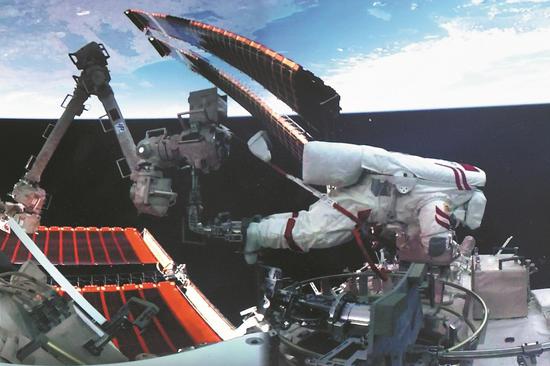

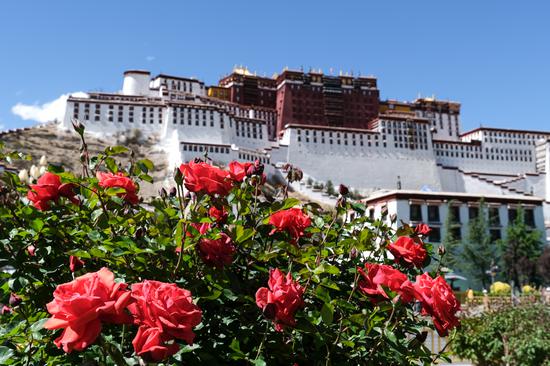
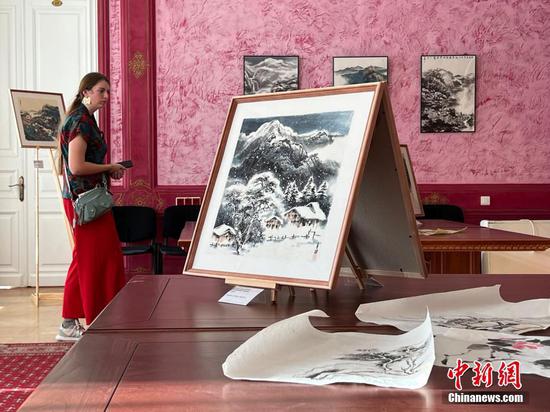


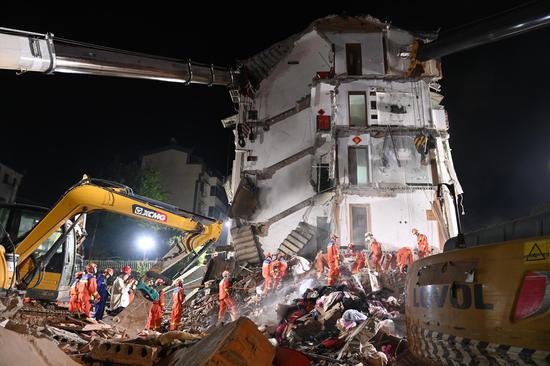
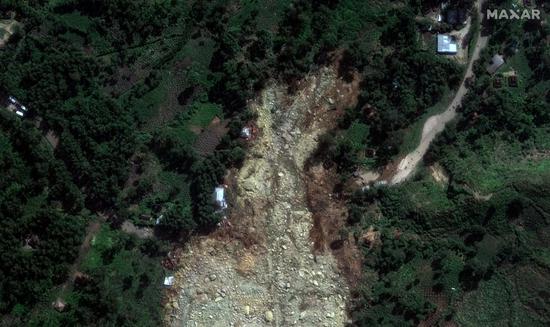






 京公网安备 11010202009201号
京公网安备 11010202009201号